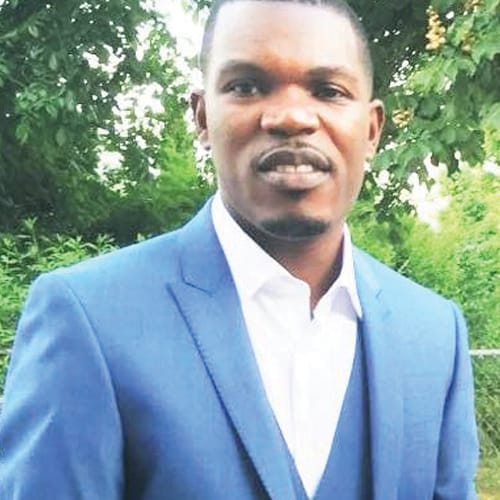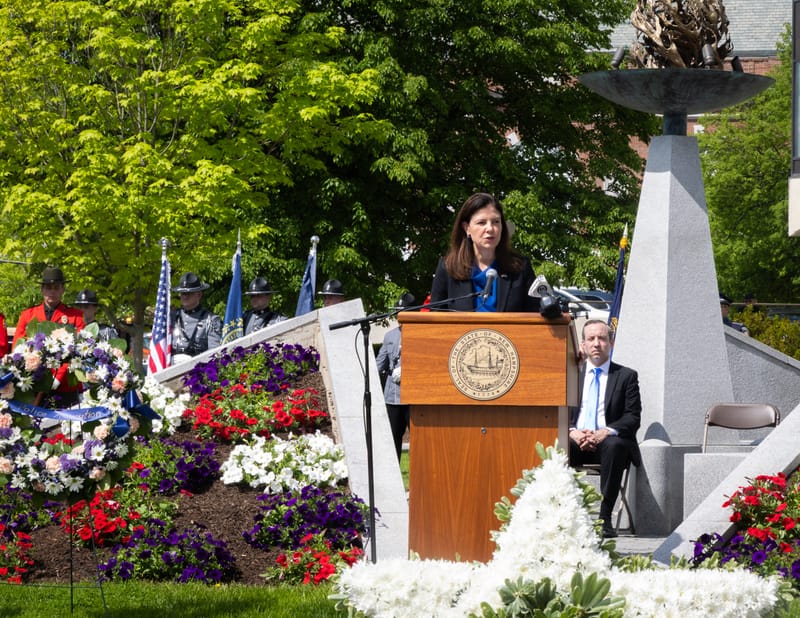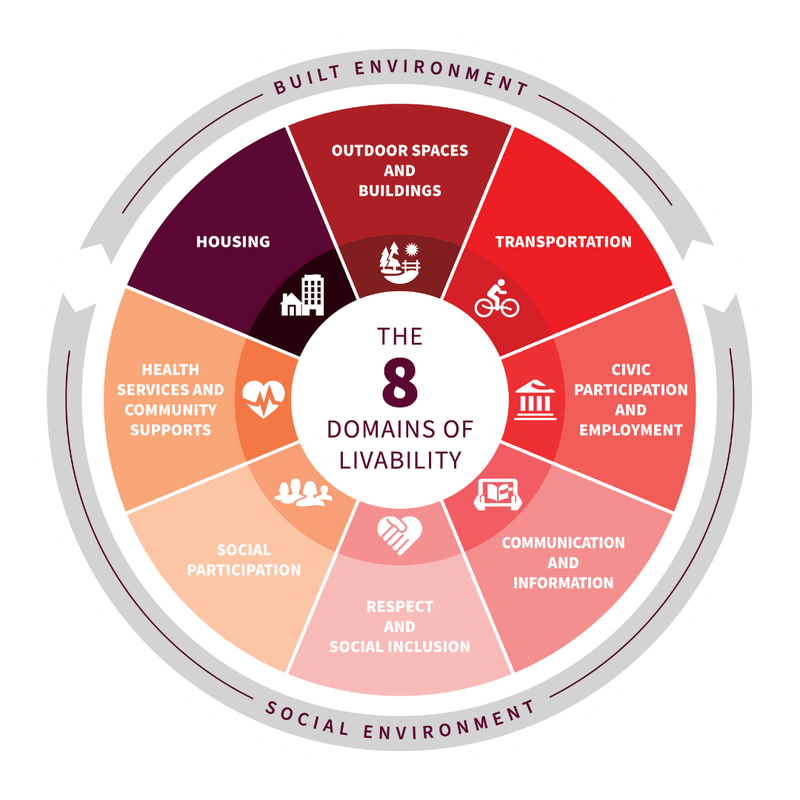Immigration, assimilation and being an ally
There seems to be a universal friendly gesture, or hidden code if you will, among Black people here in New Hampshire. It’s the eye contact and head nod. Whether shopping for food, weaving through the aisles in Walmart, or sitting in traffic, that head nod means acknowledgment.

RELATED STORY AND PODCAST ⇒ The Tapestry of We: A Q&A with Grace Kindeke
There seems to be a universal friendly gesture, or hidden code if you will, among Black people here in New Hampshire. It’s the eye contact and head nod. Whether shopping for food, weaving through the aisles in Walmart, or sitting in traffic, that head nod means acknowledgment.
And yet, Black Americans in New Hampshire and across the country aren’t a monolith. Although our roots at some point land in Africa, our roads here to America have been quite different. Mine were through birth, but some took the long road of leaving turbulence in their homeland to wind up here on American soil. There are thriving communities of refugee populations here in New Hampshire.
As a Black male born in America, I know the stereotypes associated with me when it comes to the beautiful African diaspora that’s spread across the world. It has been told to me on occasion that when Africans (or any Black immigrants) begin to head to the U.S.A for more opportunities, they’re told to stay away from Black Americans. We’re supposed to be stagnant, abrasive and unapproachable. Conversely, many Black Americans would view African immigrants as thinking that they were far superior.
When I was younger, that sweeping statement used to bother me. It was tough hearing these opinions from people who shared the same skin color and hair texture as me. I felt those immigrants would surely see the negative side of what America would have in store for them, and they’d have an understanding of the conditioning blanketed on people of color here on this land. I felt like they were only focusing on benefitting from the richness of America, a lot of which was built on the backs of my ancestors. They were not focused on the injustices that they were likely to see and feel, regardless of the distinction that they wanted.
Luckily, my evolution showed me what open-mindedness and empathy were. That allowed me to see beautiful cultures unite and mix. Interacting and working with immigrants and their children opened my eyes to their struggles. I began to see the younger generations of African immigrants intertwined with some of the positive sides of Black American culture. The BIPOC community in New Hampshire is booming from border to border. Younger and older residents are making their marks in every sector, including business and politics. Their alliances are from all races, genders and economic backgrounds. It’s a beautiful thing to witness. Many of these movers and shakers are African immigrants or their offspring.

Hamisi David Juma came to America as a refugee from his native land of the Democratic Republic of Congo. Before coming to America he stayed at a refugee camp in Tanzania for six years. He finally reached our shores on May 10, 2010, at the age of 25. Hamisi understands the struggles of immigrants who come to America.
Hamisi credits a Black American friend of his with encouraging him and motivating him to continue this work when things were rough.
“I’ve been here for 10 years, but during the first five years, I was lost. I came here with my wife and kids at 24 years old. Back home, I was a professional soccer player. Once I got here, I had to work in order for my family to survive,” Hamisi said.
Hamisi didn’t have to deal with the stereotypes and tension from the Black Americans that he encountered.
“When I came over, I heard a lot about Black Americans not liking African immigrants. I didn’t know why. Once I began working side by side with Black Americans, I realized the love was there,” he said.
Many Black Americans showed him how to integrate and stood up for him if he came into conflict with other people.
Conflict resolution is something that comes naturally to Hamisi. He’s a liaison for the Manchester school district, working with bilingual families. He became a bridge between schools and immigrant families that may have language barriers. In this capacity, Hamisi helps those families to understand their situations and helps with translations.
Hamisi also runs a non-profit organization, “Safari Youth Club,” which empowers refugee and immigrant youth to reach their goals through arts and sports. The club, which is a registered nonprofit, also supports immigrant families.
“Our job is to help them understand their environment and the systems in the U.S., which helps make their integration easier,” Hamisi says. “My community trusts me for this transition. Once they arrive, they need a liaison that they can trust.”
Hamisi feels that this is great for New Hampshire because he hates to see immigrants coming over and not understanding the system. The next thing you know, they can be breaking laws, feuding with neighbors, etc.
Hamisi feels that assimilation and adoption of American cultures should be done carefully.
“Our youth is being integrated, and in some ways, they begin to shed their African culture and pick up the negative sides of not just American culture, but also Black American culture, which involves prison and crime. Some of these youths just don’t have the discipline,” Hamisi said.
He believes that there are plenty of Black American role models who get put to the side by the media. So instead, some immigrant youth pick up on the sensationalism of the street culture. Having the Safari Youth Club provides the balance that immigrant youth need.
“Back in the refugee camp, I was a youth supervisor and now realize that some of the same problems exist. However, in the U.S it’s more dangerous,” Hamisi said. “There’s much more marijuana use also. Teaching the youth about STDs was one of the biggest problems at the camp. Here in America, they’re dealing with gun possession, drug dealing and a lot more harsh things as opposed to that refugee camp.”
Hamisi connects with the youth and his community because he understands their lifestyles and problems. Refugee and immigrant agencies do a great job of welcoming new Americans. But after a few months, many immigrants feel abandoned as the agencies direct their limited resources toward even newer arrivals.
“We understand. It’s easier for your people to explain the importance of credit and paying bills. Like, what are the consequences of not paying a bill?” said Hamisi.
He believes that having partnerships with Americans can be beneficial for both parties. Americans would begin to feel more comfortable and immigrants would begin to feel more welcomed here.
The work that Hamisi is doing helps our communities here in New Hampshire. These acts are selfless, taxing and don’t get the big newscast production that other organizations get. However, his work keeps our young New Hampshire residents focused and on the right path.
This program could be the difference between an immigrant winding up at Valley Street jail, or thriving here on American soil.

This column is part of The Common Ground Initiative which aims to highlight the diversity of our communities with stories of people the average Granite Stater might not get to see or meet, clarify misconceptions and find the threads that bind us all together as one New Hampshire community. These articles are being shared by partners in The Granite State News Collaborative. For more information visit collaborativenh.org.





